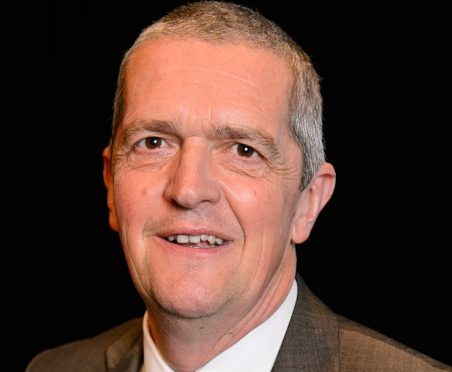Farmers have been warned that this is no time for fatalism – and to do everything in their power to keep the industry to the forefront of the minds of political hopefuls.
Making a foray north of the border to address the annual meeting of the Scottish Society for Crop Research, English NFU vice-president and industry commentator, Guy Smith, said next month’s general election was likely to be the most important one for the farming sector for 50 years.
He said that while farmers might be suffering as much from voting fatigue as the rest of the general public this would be the first time since the 1966 election that they would be choosing politicians who would actually be writing farm policy.
Speaking at the James Hutton Institute outside Dundee, he said that it was “incredibly important” that the key role which agriculture played in the economy was pressed home to politicians of all hues.
“We need to take every opportunity to push the importance of agriculture and its key role in the wider food industry – and we certainly shouldn’t assume that we’re too small for the politicians to notice,” said Mr Smith.
But while he warned against the industry becoming the predictor of its own demise, he was under no illusions as to the challenges which lay ahead in setting the scenery for a productive future for the industry.
Stating that getting the right trade deals would be a crucial factor, he admitted that Defra faced some key challenges.
“So far they have been keeping their hands close to their chests – but that might simply be because they aren’t holding many good cards,” said Mr Smith.
He suggested that changes to domestic policy should be phased in over a period of years – pointing out that on entry to the EU the change from the UK’s deficiency payment to Common Agricultural Policy schemes was phased in over six years.
On the overall challenge to withdrawing from the EU over a two-year period he said someone had asked why this short time scale had been written into the Treaty of Rome.
“And the answer has to be that they thought that it would ensure that no one would be stupid enough to try to do so,” added Mr Smith.
